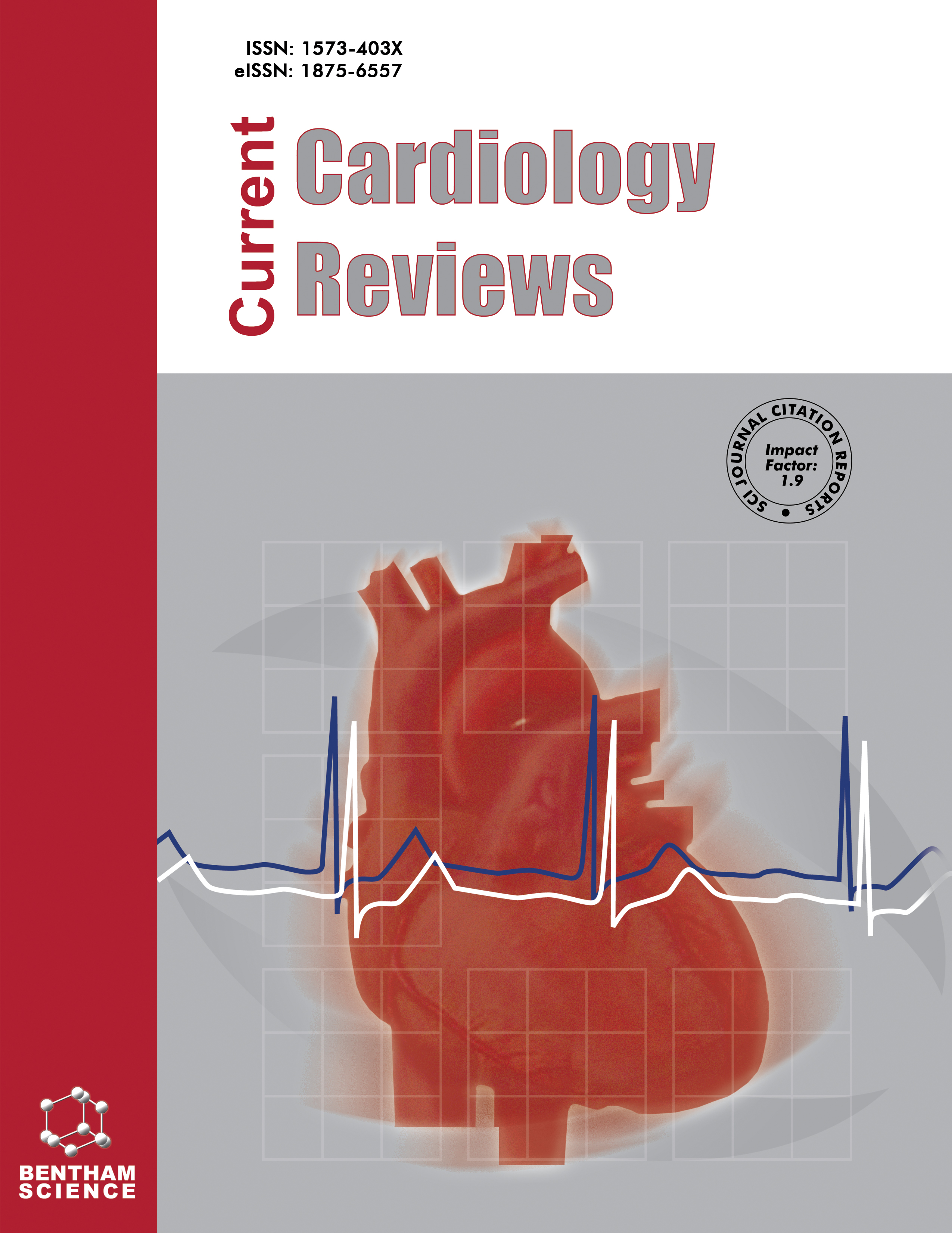
Full text loading...
The health and survival of people with heart failure is a growing concern due to the associated illness and death. Traditional treatments such as medication, surgery, and lifestyle changes have not significantly improved life expectancy, leading to a search for more effective drug options. A drug that can act on oxidative stress and cardiac inflammatory markers while carrying the benefits of existing therapies is needed. Targeting the soluble guanylate cyclase (sGC)-cyclic guanosine monophosphate (cGMP) dependent pathway significantly reduces cardiac myocyte death and improves ejection fraction. In 2021, the USFDA approved Vericiguat, a derivative of pyrazolo[3,4-b]pyridine, to decrease the risk of cardiovascular death and hospitalization. This review provides information on the structure, pharmacokinetics, pharmacodynamics, clinical status, and treatment of Vericiguat in heart failure. Riociguat was the first sGC stimulator used in pulmonary hypertension therapy, but its short half-life required multiple dosing, making it unsuitable for cardiovascular diseases. Vericiguat was developed to address this limitation by decreasing metabolism, and both preclinical and clinical investigations have indicated its minimal pharmacokinetic interactions. This makes it appropriate for long-term use in cardiac patients with multiple comorbidities who require several medications. Vericiguat represents a promising new option for heart failure treatment, potentially improving patient outcomes and quality of life. Its compatibility with other heart failure therapies without significant drug-drug interactions further highlights its potential as a cornerstone treatment. Ongoing studies continue to explore its benefits, suggesting that vericiguat may enable more comprehensive and effective management of heart failure, reducing the burden of this debilitating condition.

Article metrics loading...

Full text loading...
References


Data & Media loading...

